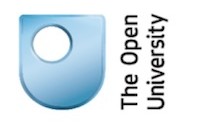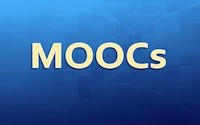
Open Universities: the next phase
The purpose of this paper is to report on research on the views of Presidents and Vice Chancellors of Open Universities of current threats and opportunities for their institutions as the author marks the 50th anniversary of the first Open University in the UK established in 1969. The paper offers a historical account of the […]















